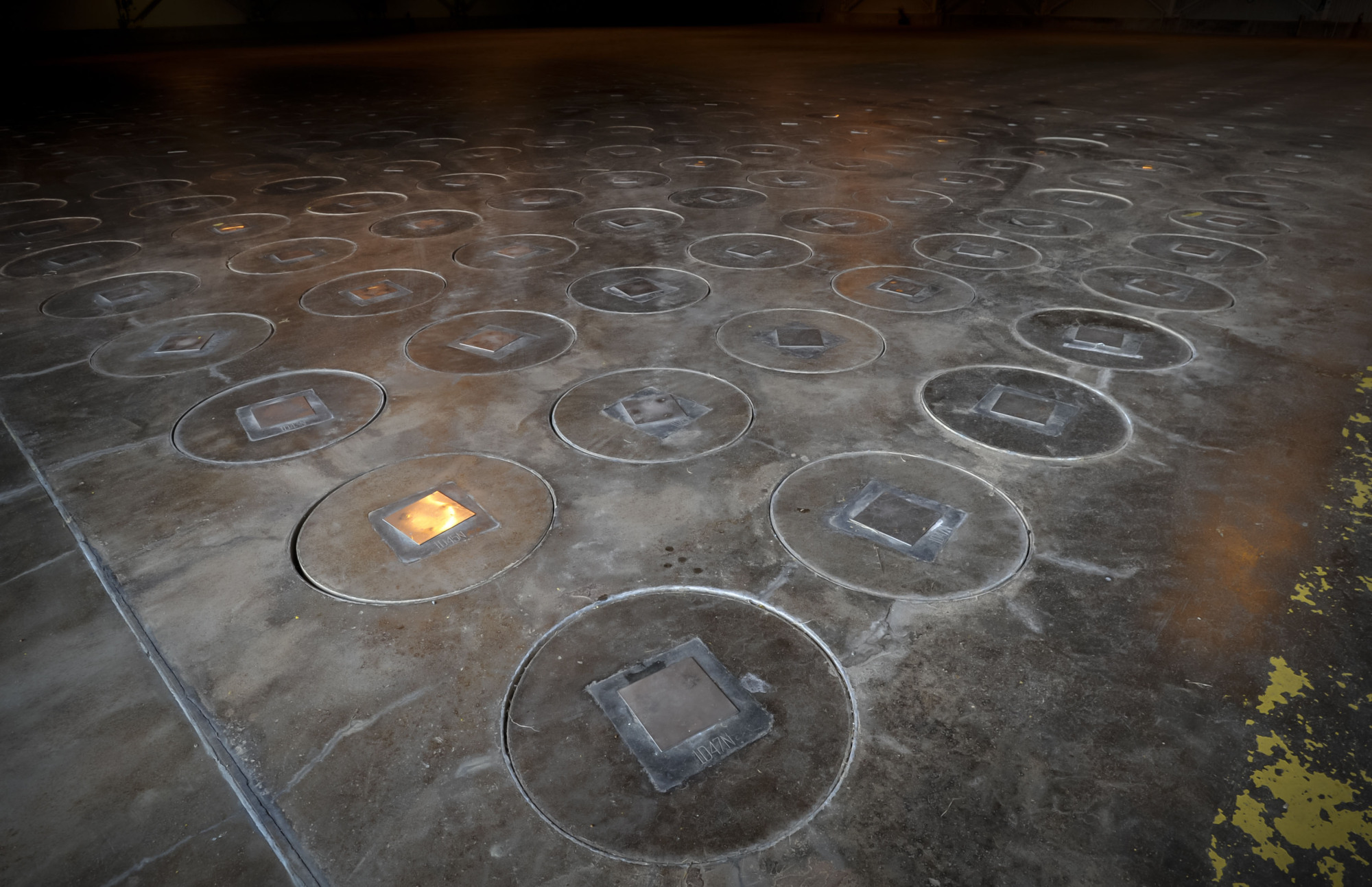Taro Kono's appointment as the new foreign minister is raising eyebrows. Though he hasn't shown any indication that he will buck Prime Minister Shinzo Abe's agenda, Kono is considered a leftish maverick within the Liberal Democratic Party, especially with regard to its nuclear energy policy, which he has opposed. In an editorial, the conservative Sankei Shimbun insisted he maintain the LDP line when the 30-year U.S.-Japan nuclear energy pact expires next year.
The pact's ostensible purpose is to authorize the reprocessing of spent nuclear fuel for energy purposes so as to limit the amount of weapons-grade plutonium Japan can stockpile. This system has been stymied, however, by the decommissioning of the experimental Monju fast-breeder reactor and the shutdown of most of the nation's nuclear plants following the Fukushima No. 1 meltdowns in 2011. Whatever reprocessing of spent fuel that has been done has been carried out in the U.K. and France and, of the 47 tons of extracted plutonium possessed by Japan, 36 tons are still overseas.
So the U.S. has no reason to worry about the prospect of Japan suddenly turning plutonium into bombs. Japan's "peaceful" use of atomic energy, after all, was encouraged by America in the 1950s, when the horrors of Hiroshima and Nagasaki were still fresh in people's minds.



















With your current subscription plan you can comment on stories. However, before writing your first comment, please create a display name in the Profile section of your subscriber account page.